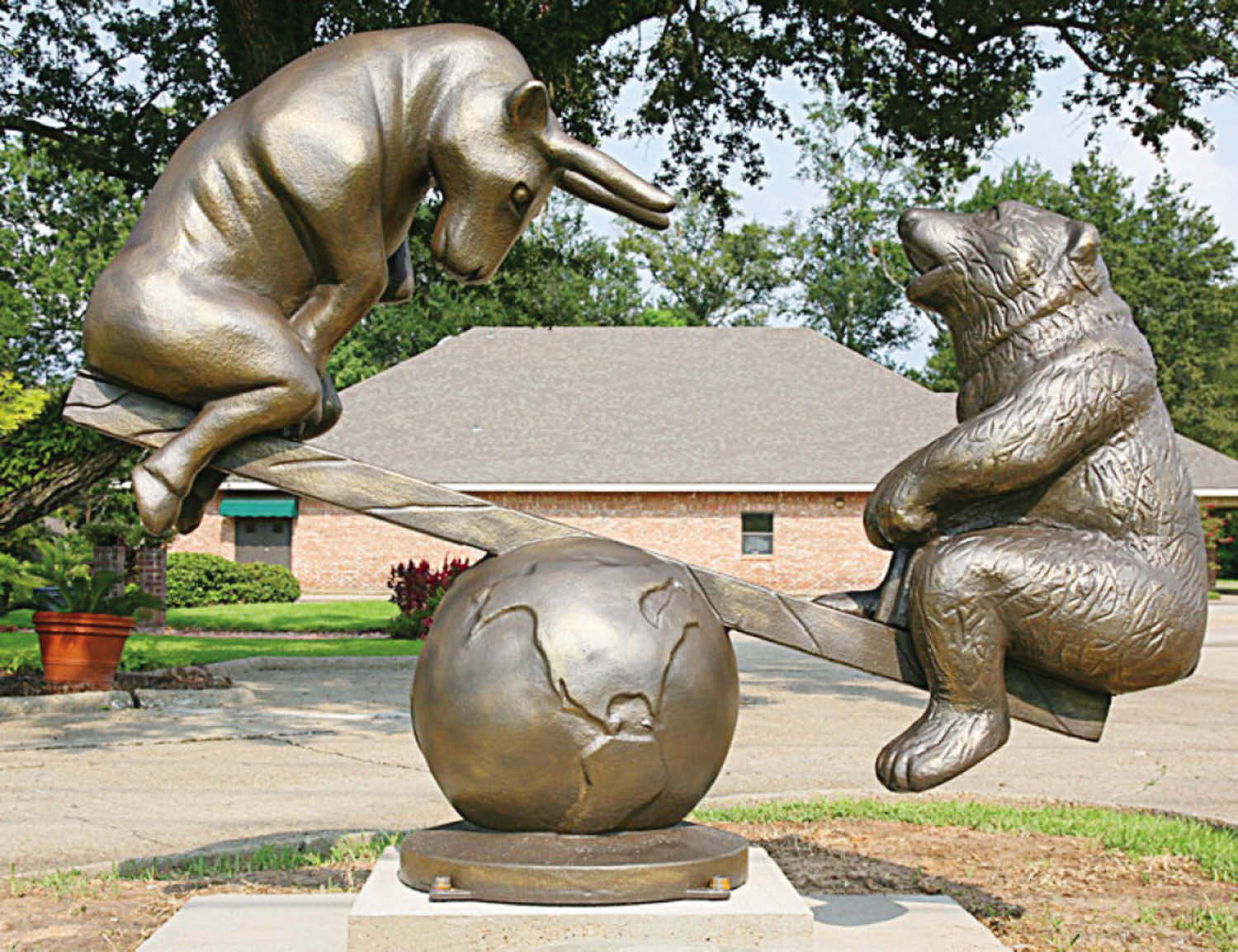
Image courtesy of eyecandyprops.com
The next financial crisis is coming. It’s just a matter of time – and we haven’t finished fixing the flaws in the global system that were so brutally exposed by the last one.
Massive monetary policy stimulus has rekindled growth in developed economies since the deep recession that followed the collapse of Lehman Brothers in 2008; but what the IMF calls the “handover” to a more sustainable recovery – without the extra prop of ultra-low borrowing costs – has so far failed to materialize.
Meanwhile, the cheap money created to rescue the developed economies has flooded out into emerging markets, inflating asset bubbles, and encouraging companies and governments to take advantage of unusually low borrowing costs and load up on debt.
“Balance sheets have become stretched thinner in many emerging market companies and banks. These firms have become more susceptible to financial stress,” the IMF says.
Meanwhile, the failure to patch up the international financial system after the last crash, by ensuring that banks in emerging markets hold enough capital, and constraining risky borrowing, for example, means that a new Lehman Brothers-type shock could spark another global panic.
VOLATILITY IN STOCKS AROUND THE WORLD
Jan 13, 2016: Asian shares have tumbled after a heavy sell-off on Wall Street added to nervousness among investors.
Japan‘s Nikkei 225 was down more than 4% at one point – dropping below 17,000 for the first time since September – before closing down 2.7% at 17,240.95.
US shares had fallen by more than 2% as oil prices continued to decline and worries grew over prospects for US company earnings.
Weak economic data from Japan also dented investors’ confidence.
Government data showed that core machinery orders fell 14.4% in November from the previous month.
The orders were down for the first time in three months in the world’s third largest economy.
Plunging oil prices
Brent crude prices, meanwhile, fell 0.9% to $30.05 a barrel after earlier hitting a fresh 12-year low of $29.73.
Bernard Aw, market strategist at trading firm IG, said oil prices would not see much recovery this year amid a supply glut.
“Oil prices should continue to remain low, where a sustained pick-up is expected only in the third quarter of 2017,” he said in a note on Thursday.
Australia‘s S&P/ASX 200 share index ended 1.6% lower at 4,909.40, despite the release of better-than-expected employment data.
The unemployment rate in the country was 5.8% in December, with fewer jobs lost than economists were expecting.
The country lost 1,000 new jobs, as against expectations of 10,000.
In South Korea, the benchmark Kospi index closed down 0.9% at 1,900.01 after its central bank kept interest rates unchanged for the seventh consecutive month.
Hong Kong’s Hang Seng index ended the day down 0.6% at 19,817.41.
Investors were spooked by Wednesday, Jan 13, sharp falls on Wall Street, when the Dow Jones and S&P 500 fell 2.2% and 2.5% respectively.
There are fears that the continuing low crude price reflects a slowdown in some economies and could weigh on growth in emerging markets, many of which rely on oil revenues.
Jan 13, Russia‘s Prime Minister, Dmitry Medvedev, warned tumbling oil prices could force his country to revise its 2016 budget.
He said that the country must be prepared for a “worst-case” economic scenario if the price continued to fall.
Oil and gas projects worth $380bn have been postponed or cancelled since 2014 as companies slash costs to survive the oil price crash, including $170bn of projects planned between 2016 and 2020, according to a report from energy consultancy Wood Mackenzie.
Mainland shares recover
The Shanghai Composite index was the only bright spot in the region, reversing early losses to close up nearly 2% at 3,007.65.
Regulators had announced late on Wednesday that they had stepped up monitoring share-selling by listed companies’ major shareholders.
The securities commission also said that its transition to a US-style registration system for listings would be a gradual process and not lead to a surge in initial public offerings (IPOs).
The announcement was the latest in a series of measures to support the market after heavy losses since last week.
Elsewhere in the region, Indonesia‘s Jakarta composite index closed down 0.5% at 4,513.18 points. The index had fallen more 1.7% earlier as multiple bomb blasts rocked the capital city on Thursday.
Indonesia’s central bank continued its meeting throughout the attacks and cut its benchmark interest rate to 7.25%from 7.5%. The bank’s move is in an attempt to give its struggling economy a boost and comes despite a weakening currency.
Jan 14, 2015: US stocks have closed higher, but European markets have continued to suffer from worries over oil prices and economic growth.
The three main US indexes all gained between 1.4% and 2%, lifted in part by a 2% rise in the US oil price.
Earlier in London, the FTSE 100 closed 0.7% down, while the main Frankfurt and Paris indexes fell 1.7%and 1.8% respectively.
Those falls followed a heavy sell-off in some Asian markets.
The pound hovered close to five-and-half-year lows against the dollar.
Alongside the rise in the price of US West Texas Intermediate crude, Brent oil also rose in afternoon trading. The price was up 2.5% to $31.03 a barrel, having briefly drifted below $30 on Wednesday.
The falls in European shares followed overnight losses in Asia. Japan’s Nikkeiindex closed down 2.7%, having dropped more than 4% at one point.
Hong Kong’s Hang Seng eased off two-and-a-half-year lows to finish down 0.6%. The Shanghai Composite, which has endured torrid trading in recent months, was one of the few bright spots, rebounding nearly 2%.





Be the first to comment